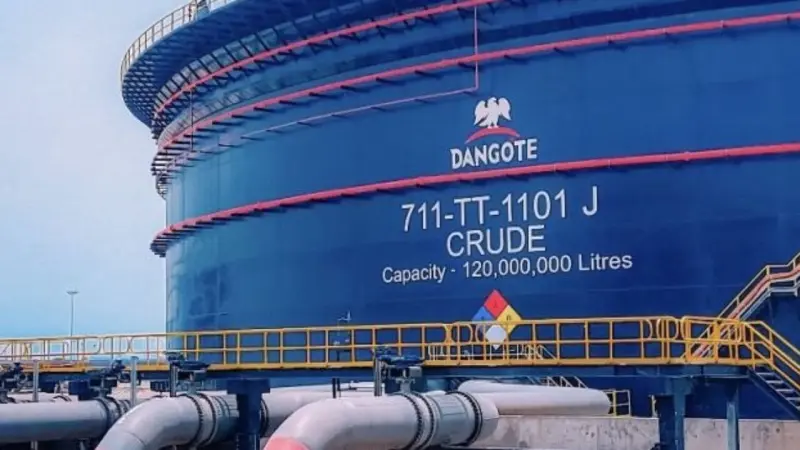By Chinenye Anuforo
The Depot and Petroleum Products Marketers Association of Nigeria (DAPPMAN) has accused the Dangote Petroleum Refinery of engaging in market-disruptive practices, claiming that the company’s much-publicised fuel price cuts were strategically timed to weaken competition rather than to serve patriotic interests.
In a statement signed by its Executive Secretary, Olufemi Adewole, DAPPMAN said the refinery often slashes prices at moments when other importers have active cargoes at sea or in tank, creating shocks that leave marketers exposed to heavy losses. According to the group, this practice undermines healthy competition in a market still recovering from the effects of deregulation.
Even more troubling, DAPPMAN alleged that Dangote sells fuel cheaper to international buyers than to Nigerian marketers, a move the association described as contradictory to the refinery’s public claims of prioritising Nigerians. “Such pricing patterns place unnecessary strain on domestic businesses already operating on tight margins,” Adewole said.
Beyond the price concerns, DAPPMAN dismissed insinuations that marketers trade in substandard fuel, stressing that all imports are tested by regulator-accredited laboratories under strict Nigerian Midstream and Downstream Petroleum Regulatory Authority (NMDPRA) oversight. The group also alleged that Dangote itself has sought waivers to distribute products with sulphur levels above approved thresholds, raising questions about its consistency on product quality.
While acknowledging the Dangote Refinery as a landmark infrastructure project, DAPPMAN insisted that Nigeria’s fuel security does not rest on one player. “The refinery is a valuable contributor, but not a messiah,” the association noted, warning that the dominance narrative threatens to distort investor perception and destabilise confidence in the sector.
DAPPMAN called for a more balanced recognition of all stakeholders, including marketers, depots, transporters, and regulators, who, it said, have kept the nation’s fuel supply chain intact for decades under challenging conditions.


